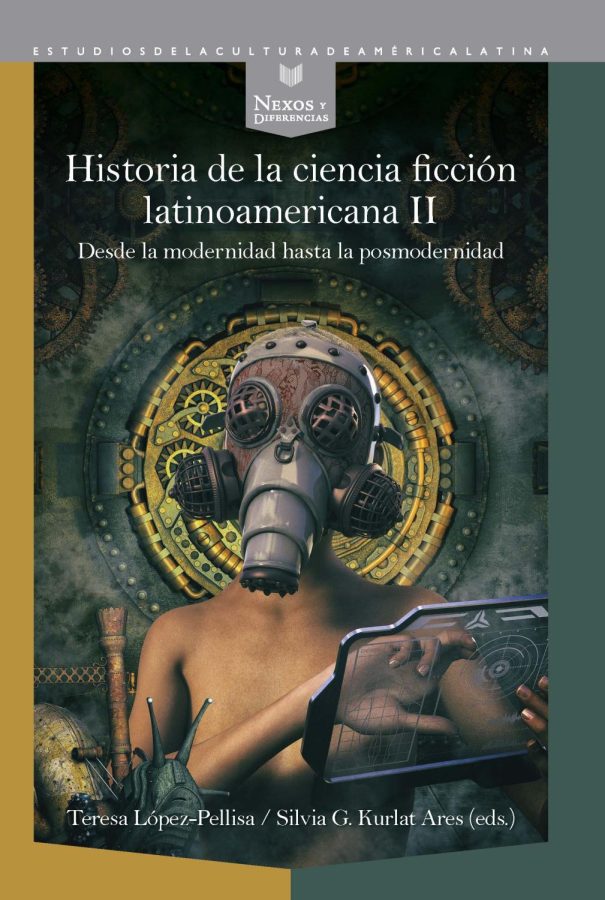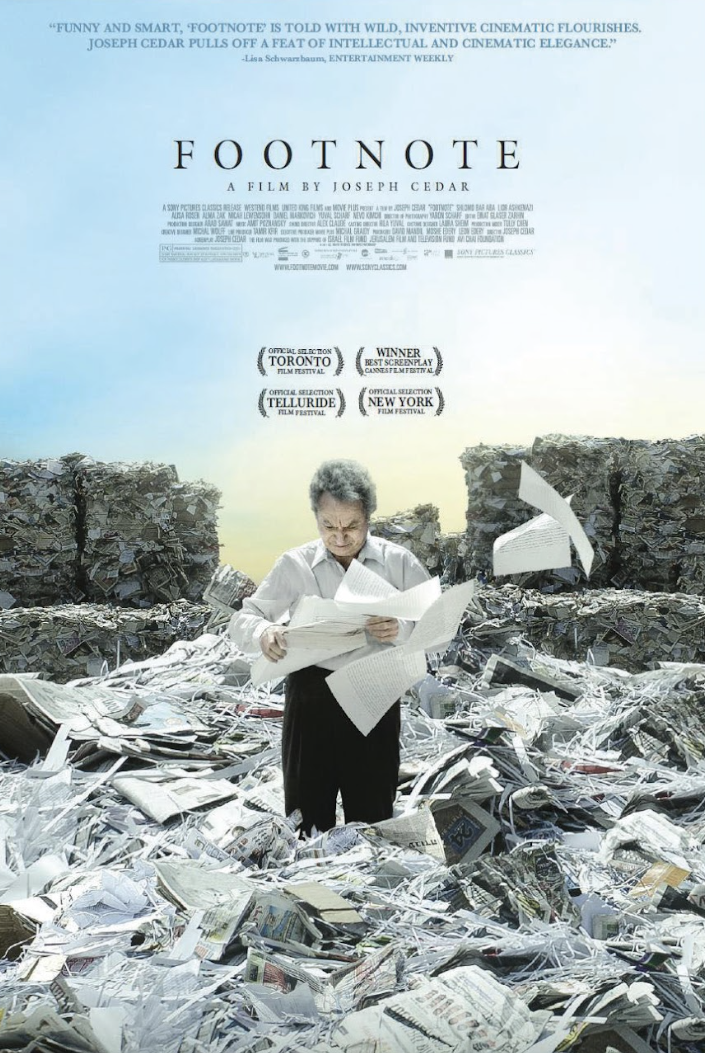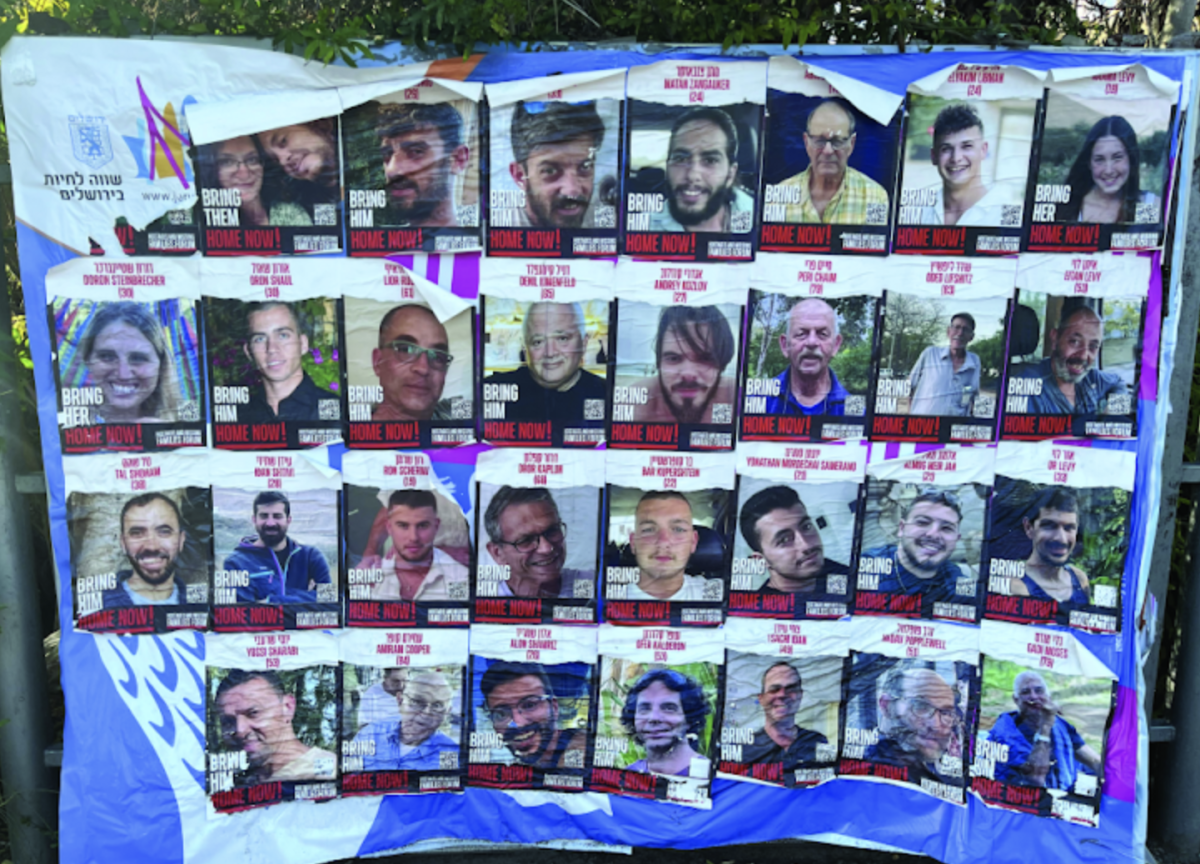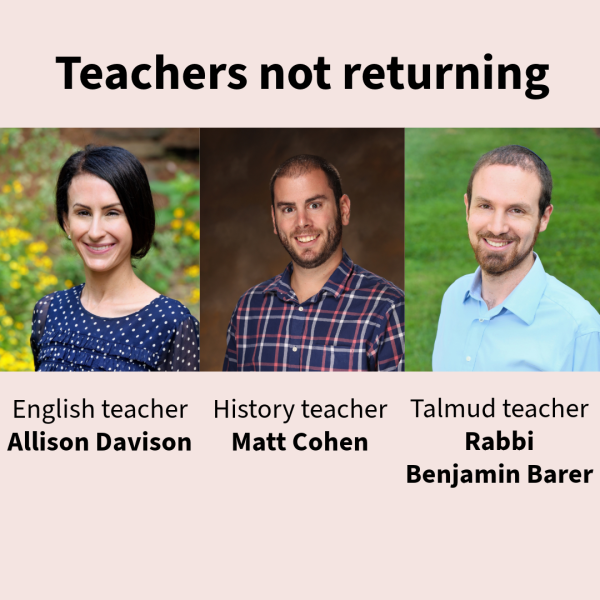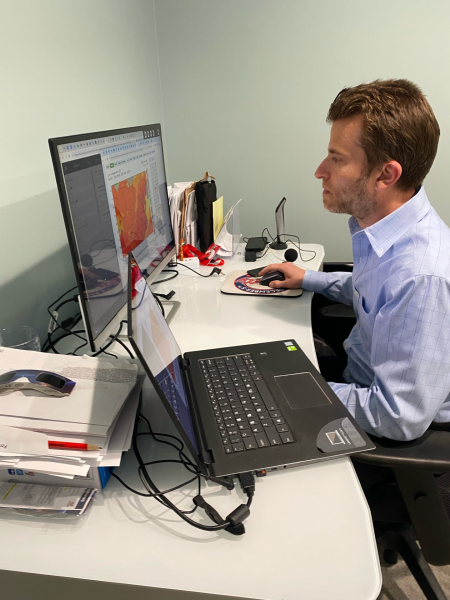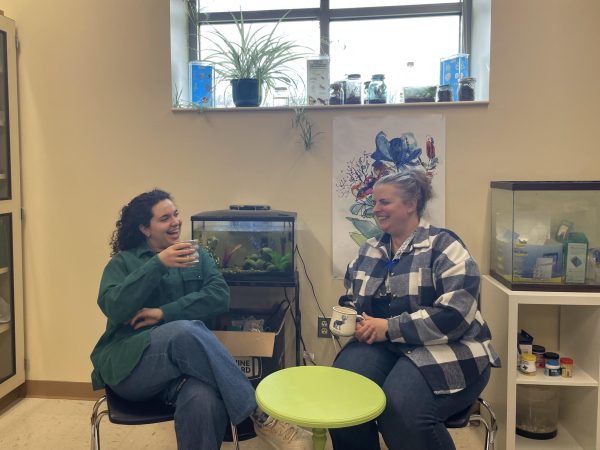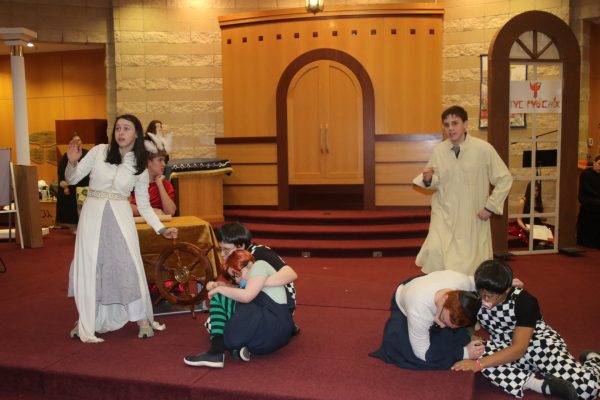Spanish teacher publishes sequel to science fiction book
Photo courtesy of Iberoamericana Vervuert
Kurlat Ares’ book goes in-depth into Latin American science fiction.
February 9, 2022
World Languages Department Chair Dr. Silvia Kurlat Ares, along with many other contributors, published the second volume of the book, “A History of Latin America Science Fiction” in Dec. of 2021.
The first volume of the book introduces background information on Science fiction in the Latin America region and then dives into the cultural and political themes of science fiction in this region. The second volume provides a more in-depth study of this topic and demonstrates different trends and themes of the genre in the region. Both books are available in Spanish and English on Amazon.
Kurlat Ares, along with a colleague in Spain, coordinated a group of around 30 researchers from Spain, South America and the U.S. to work together and create the first book researching the works of science fiction in the Latin America region. Kurlat Ares and her colleague were the editors of the book and wrote some chapters, while the other researchers found information and contributed to writing as well.
Both books discuss the dominance of science fiction in Latin America throughout different time periods and examine new perspectives of the genre from many different lenses.
Ever since she read her first science fiction book when she was just 8 years old, Kurlat Ares has been fascinated by this genre. Because her love for science fiction was so strong, she became interested in learning more about it and understanding why it was never written about.
“It’s the first time that anybody has actually sat down and did this mapping of the entire production of science fiction from Mexico to Argentina,” Kurlat Ares said.
Dr. Kurlat Ares and her colleagues discovered through many different conversations that people aren’t aware of science fiction existing in certain areas in Latin America. So, she and her team felt as though it was important to highlight this. Kurlat Ares believes this book is a great way to educate others on science fiction, and it can serve as a tool for researching and learning about science fiction properly.
To balance teaching and writing the book, Kurlat Ares used the help of coffee, organization and time management. She divided her time by getting her work done at school and spent the rest of her time outside of school writing the book.
“In general, I try to be very organized..be very on task and not procrastinate,” Kurlat Ares said
The pandemic made it more difficult to gather resources and information from public areas since many were shut down. Despite this, Kurlat Ares and her colleagues were still able to work efficiently on delivering the product.
“With the pandemic right now a lot of libraries [are closed], so it was difficult to find materials… but when you are doing research those [issues] are normal,” Kurlat Ares said.
During the writing process, Kurlat Ares found that along with writing the book, she also was able to have a meaningful experience working with others. Since Kurlat Ares worked with so many people around the globe, she was able to learn new things about the people as well.
“I did end up meeting a lot of interesting people and reading about things that I didn’t know anything about, so I learned a lot, and that was really the most interesting part,” Kurlat Ares said.
Academic Dean Aileen Goldstein was very excited when she heard that Kurlat Ares was going to publish a second book, and found it incredible that she was able to continue pursuing her passion.
“Teaching is a full-time job,” Goldstein said. “The fact that Dr. [Kurlat Ares] was able not only to be super involved, also to be able to publish and edit this really intensive work, I think it’s awesome.”


